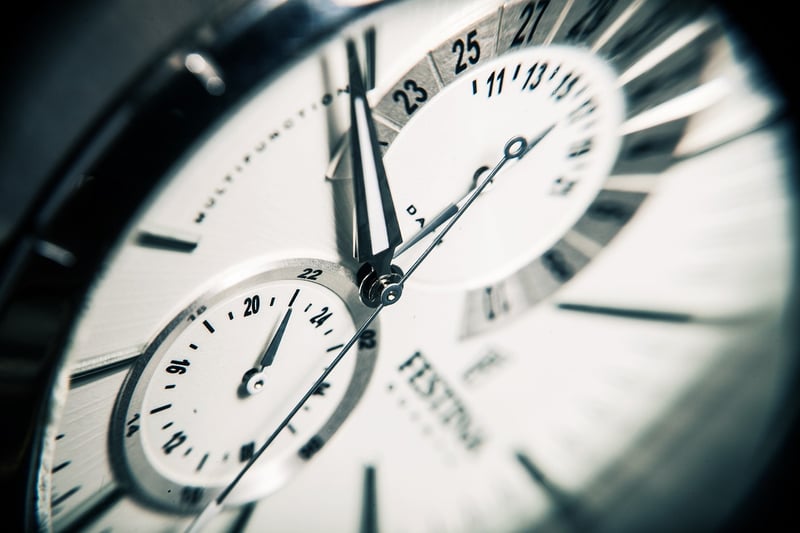Temporal Paradoxes
The Science of Time and Temporal Paradoxes
Time, a concept that has intrigued humanity for centuries, is a fundamental aspect of our existence. From the ticking of a clock to the aging of stars, time governs the order of events in the universe. Let's delve into the fascinating science of time and explore the mind-bending concept of temporal paradoxes.
Understanding Time
Time is often defined as the progression of events from the past to the present and into the future. In physics, time is considered the fourth dimension, intertwined with the three spatial dimensions to form spacetime. The theory of relativity, formulated by Albert Einstein, revolutionized our understanding of time and its relationship with space.
Temporal Paradoxes
Temporal paradoxes are scenarios that challenge our conventional understanding of cause and effect within the framework of time. These paradoxes often arise in discussions about time travel, a popular theme in science fiction.
The Grandfather Paradox
One of the most famous temporal paradoxes is the Grandfather Paradox. It posits a scenario where a time traveler goes back in time and prevents their grandfather from meeting their grandmother. This action would result in the time traveler never being born, raising the question of how they could have traveled back in time in the first place.
The Bootstrap Paradox
In the Bootstrap Paradox, an object or information is sent back in time in an infinite loop with no clear origin. This paradox raises questions about the origin of the object or information and challenges the linear progression of cause and effect.
Conclusion
The science of time and temporal paradoxes opens up a world of intriguing possibilities and challenges our understanding of the nature of reality. While time travel remains a theoretical concept, exploring these paradoxes sparks curiosity about the mysteries of time.

Delve deeper into the mysteries of time and temporal paradoxes to unravel the secrets of the universe.
